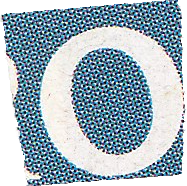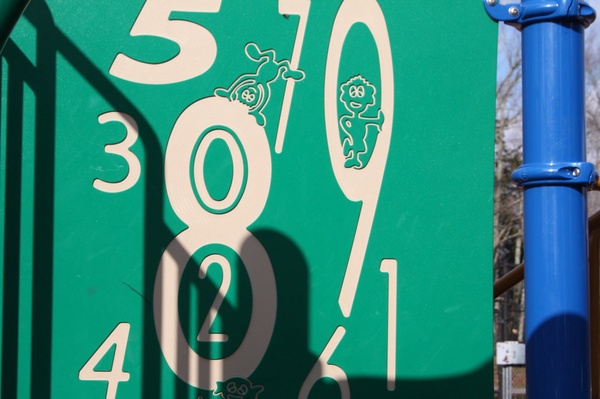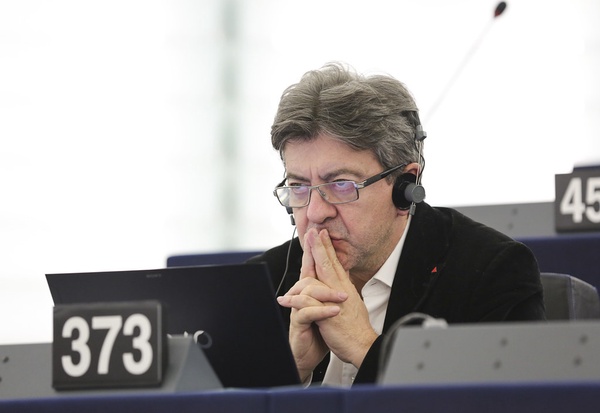 ne feature of living in a foreign country is that you get a glimpse not only of the current political issues but also the larger trends floating around. I will always remember after Colin Powell presented so called evidence of weapons of mass destruction in Iraq inside an old lab. The press in France said, “no way,” and the American press said, “absolutely.” The upshot was that President Chirac did not support the war in Iraq and the US Congress renamed French Fries Freedom Fries. (I believe I have mentioned that French Fries originated in Belgium.)
ne feature of living in a foreign country is that you get a glimpse not only of the current political issues but also the larger trends floating around. I will always remember after Colin Powell presented so called evidence of weapons of mass destruction in Iraq inside an old lab. The press in France said, “no way,” and the American press said, “absolutely.” The upshot was that President Chirac did not support the war in Iraq and the US Congress renamed French Fries Freedom Fries. (I believe I have mentioned that French Fries originated in Belgium.)
That unfortunate war is a story unto itself. But this current presidential election has unearthed some interesting trends that I am calling field notes, which is one way of saying a few observations, not only about politics but about French culture.

THE NUMBERS
While the general predictions held true, that Emanuel Macron and Marine Le Pen would get the most votes in the first round of voting in France and subsequently go head to head in the second round of voting in France this Sunday, the person who came in third gives us some intriguing insights into the lay of the land. Jean-Luc Mélenchon, a member of the far left, and head of the political party called France Insoumis, or French Unbowed, came in on the heels of Marine Le Pen. So the upshot is this:
We’ve got center right, far right and far left. The ominous threat of Zemmour, the far-far right candidate did not materialize. His vote count was 2,485,226 or about 7 %. Anne Hidalgo, the Socialist mayor of Paris, received 616, 468 votes or 1.7 %.
M. Emmanuel MACRON 9, 783,058 ((27.8%)
Mme Marine LE PEN 8, 133, 828 (23.1%)
M. Jean-Luc MÉLENCHON 7, 712, 520 (22%)
M. ZEMMOUR 2,485,266 (7%)
Mme Anne HIDALGO 616,468 (1.7%)
The worrisome thing here is that if you add far-far right (Zemmour) and far right (Le Pen ) you wind up with a higher percentage than Macron.
Who will get the votes of M Mélenchon? First of all, if you’re like me, you’re thinking now who is this guy? Who is M. MÉLENCHON?

FRENCH SCHOOLING
Let’s begin with his background. He has a university degree in philosophy and has the CAPES (pronounced Kah-pes), which is a special teaching certification. You are probably like, okay? Philosophy is a required class for students in the terminale year, the last year of studies in French high school. Often in the States this last year of high school in France is counted as a college freshman year. My daughter, for example, received one full year’s worth of credits at Rice University for the math and science courses she took in French, in France at her high school. (It is impressive, isn’t it?)

I want you to imagine all our high school students studying philosophy for a year. Of course, the French students would bitch and moan, but it gave them some structured time to reflect on a variety of themes including the constancy of self, or the relationship between science and knowledge. I found some philosophy test questions from 2008, but change comes slowly to France, so these questions will give you an idea of what the entire student population will think about in a given year.
GROWN-UP PHILOSOPHERS
What is surprising to me is that the study of philosophy continues into adulthood. Instituted by Napoleon in 1809 (although in Latin then) the study of philosophy has continued uninterrupted. A person at a French dinner party will pose a philosophical question arising out of the context of what is being talked about and the guests are off and running. There is a journal called Philosophie Magazine on the newsstand, presumably solvent. Commentators suggest that this early study as teens gives a taste for continuing to study the humanities and literature through adulthood. I asked Generalissimo Wikipedia for journals on philosophy in French and there are a bunch!
Now I am going to posit that because M. Mélenchon is a teacher of philosophy he knows how to intrigue the French person by asking questions that are philosophically engaging. He has earned the CAPES, the French teacher’s certification. Just the official title in French is intimidating: Certificat d’Aptitude au Professorat de l’Enseignement du Second degré. It’s a very hard course of study with especially difficult exams. One friend took it three times in his field of art and failed. Another friend failed twice; yet a different friend failed twice. So M. Mélenchon is a highly credentialled professor of philosophy.
VIEWS
He believes that the financial sector is strangling the lives of ordinary people. He denounces capitalism and the free-market, and insists that the rich must pay higher taxes and that the retirement age be lowered from 62 to 60. He wants a higher minium wage, arguing that the economy needs to be in service of the people, not the other way around. He believes in the EU but he wants to restructure its treaties. And NATO? No, that is kowtowing to America. Mélenchon’s environmental platform was rated more highly than the Green’s, the traditional environment party.
The following video is from 5 years ago, but as I say, things move slowly in France. The journalist notes his hologram which I think is very cool.
THE QUESTION
The question is who will get Mélenchon’s votes. He says to his followers be sure not to vote for Marine Le Pen. Then he says look into your head and vote what you think is good. These are the choices: 1) vote for Macron, which Mélenchon does not endorse; 2) register a blank ballot; 3) abstain from voting at all. Let us hope nobody goes over to the far right from his camp.

The eerie thing to me is the similarities between the far left and the far right: France out of NATO in both cases; France’s forgotten need to be taken care of. Le Pen speaks in more practical terms, but the focus is the same. No longer does the far right rail about immigration because that conservation has already prevailed in France, according to some commentators. The horseshoe theory, put forward by a Frenchman, suggests that the two ends of the horseshoe, the far left and the far right, are closer to each other than to the center. President Macron represents that center, advocating for a strong Europe, a definite presence in NATO, and a far less isolationist approach than either the far right or the far left. Will the center hold?
GODOT
Beckett is thought of as an apolitical writer, or rather that his politics consist of characters representing ignorance and impotence. In his own life, Beckett worked for the French Resistance. I find that the center part of the play with Lucky on a leash held by Pozzo and the offhand statement Pozzo gives that their fortunes could have been reversed, suggests something to me. Lucky is a slave. It could have been otherwise. So could we say that slavery is the root of all political evil? Certainly it’s true in the US, but also in Nazi Germany, the Jews were slaves, and that the master / slave relationship is the central political evil?
Let us hope the center does hold on Sunday in France.
And remember there’s another way of looking at politics altogether.
4 hours for one essay on “Is politics free from a requirement of truthfulness?” Colin Powell should be made to sit that one.
Interesting point. Gandhi called his movement Satyagraha. Satya means truth, so it’s translated something like the way of truth. Look how successful he was.